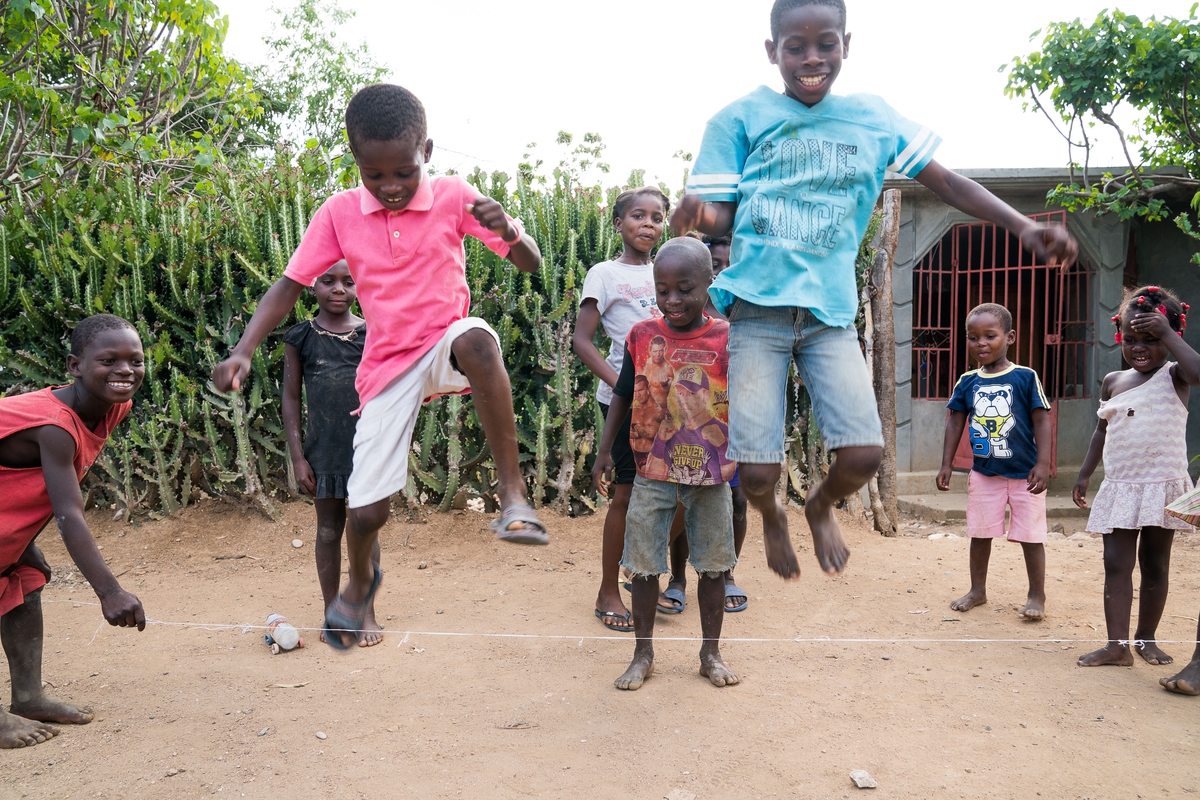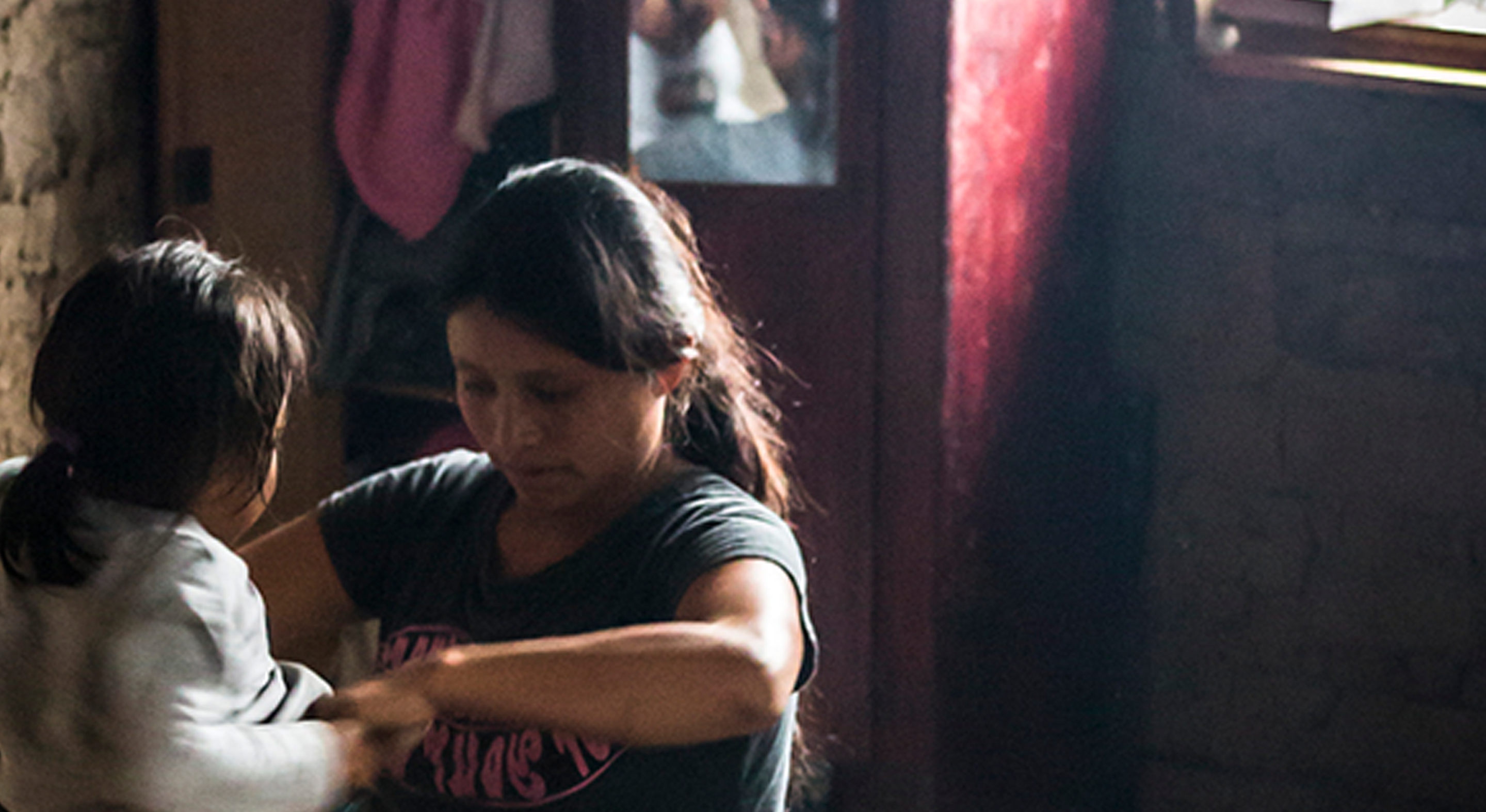Diego’s family were the kind Haiti’s orphanage industry preys on. His single mother, Gertrude, had four children to feed, with no income and no support. “After my mother died, I had no one to help me,” says Gertrude.“I couldn’t even keep up with the kids’ school fees.”
When a man named Gary offered help, Gertrude listened. Gary said he was from a school seeking students in the capital, Port-au-Prince. The school could take one of her children and provide him with an education.
“They said it was a nice place, the kids will have everything they need,” Gertrude explains. Sending a child away would be hard, but education was Diego’s path out of poverty. He would receive food and schooling, opening up all kinds of opportunities. Wouldn’t any parent want this for her child?
So Diego packed his meagre possessions, said goodbye to his family, and accompanied Gary back to Port-au-Prince to begin his new life. He was just six years old.
The business of children
Diego was the victim of orphanage trafficking. As a “child-finder”, Gary’s job was to boost the orphanage’s numbers – because the more children an institution has, the more funds it can solicit from the government and well-meaning but misguided donors. The promises of care, education and opportunity evaporated. Diego was trapped.
The orphanage was a bleak and scary place. There were too few beds, so some children slept on a concrete floor. The roof leaked. With no potable water, the children had all kinds of intestinal infections. Food was scarce. Starving, scared and neglected, Diego spent his nights shivering from cold. Gary used to beat the children.“Beat us badly,” says Diego.“He used to hit us hard.”
When Lumos found Diego, he was underweight and anaemic. He vomited up the little food he was given. He had grown closed and shy in his year at the orphanage, falling behind both academically and developmentally. Reuniting him with his family became a top priority.
In Haiti, it can be near impossible to keep tabs on children’s whereabouts. Once trafficked into orphanages, children can simply disappear. If they are taken when they are young, often they cannot remember their parents’ names or any other identifying details, so tracing families is a real struggle.
Two months after first finding Diego, the Lumos team visited his hometown of Colladere. Through the efforts of dedicated social workers and strong community networks, they foundGertrude that same day. Within days, she was reunited with her son.
“If it was not for Lumos’ intervention, my child might have died.”
“When I arrived, I found Diego wearing a huge old shirt. It was filthy. He was dirty and barefoot. Where he was living was completely, completely awful. If it was not for Lumos’s intervention, my child might have died.”
Family reunification
The process of family reunification takes time, patience and lots of support. Lumos has helped provide school fees, uniforms and supplies, as well as parenting and business skills training, giving Gertrude the foundation to keep her family together.
Today, Diego is making good progress at school and working to overcome the trauma he has experienced. He loves to play with other children in his village. Every day he grows more and more secure in the knowledge that his mother’s love will protect him.
“I love my mum,” Diego says. “I’m good. It feels good to be home."




